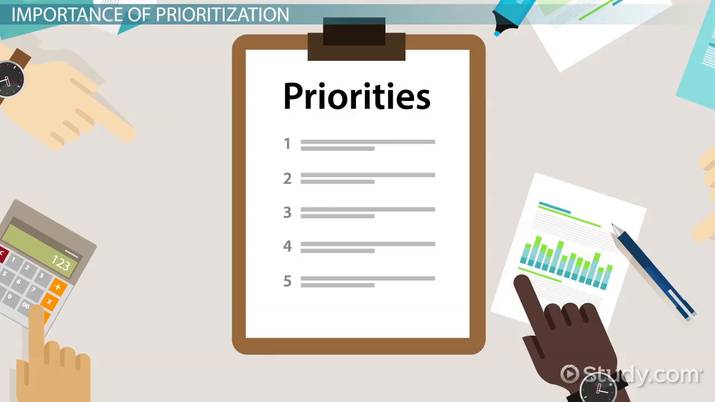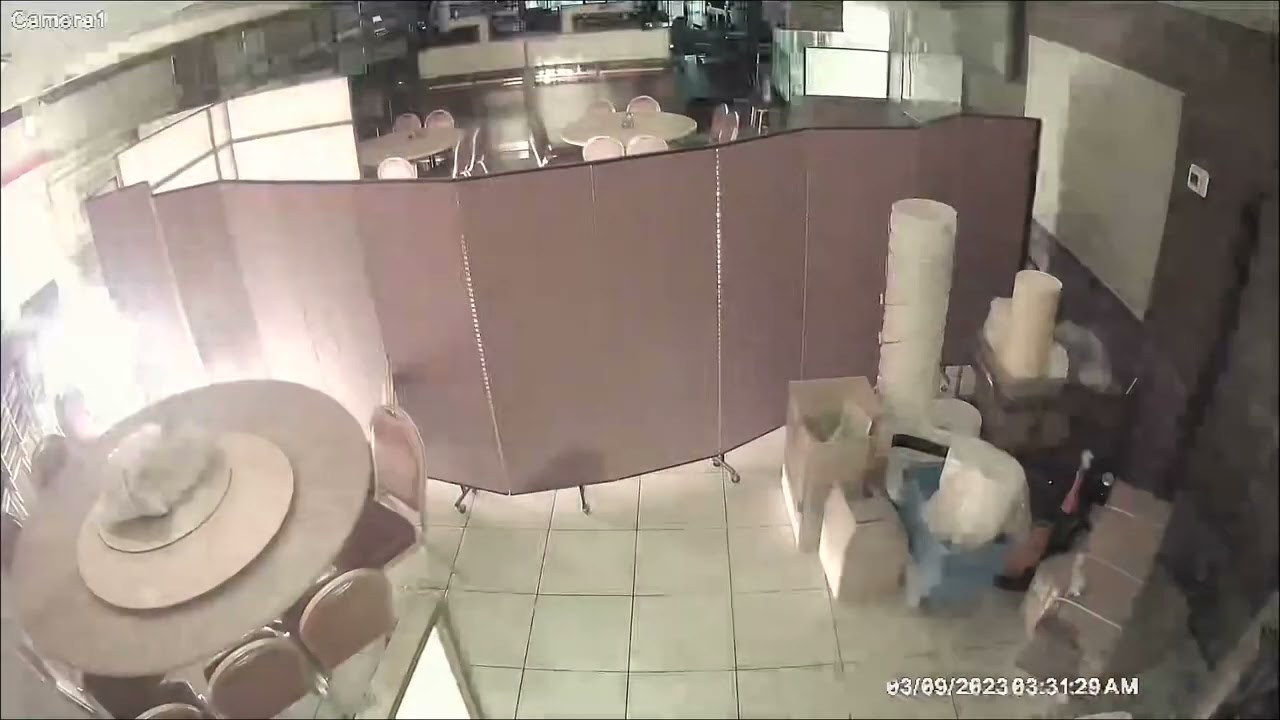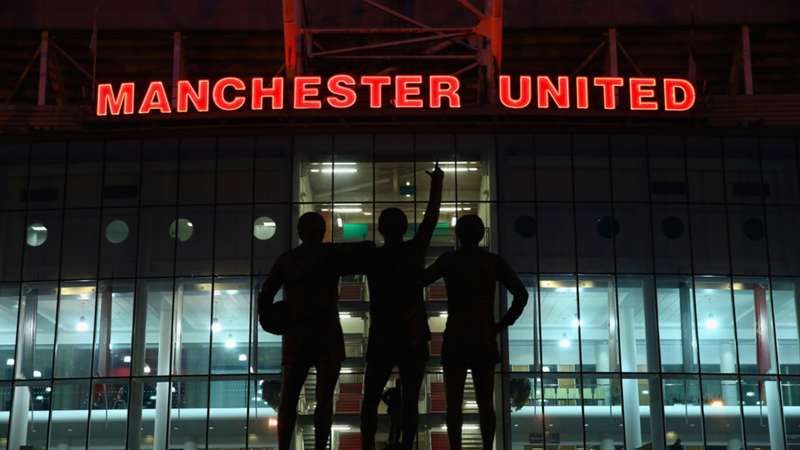Putin's Economic Shift: Prioritizing War Over Other Goals

Table of Contents
Sanctions and Their Impact on the Russian Economy
The international community responded to the invasion with unprecedented sanctions, designed to cripple Russia's economy and curtail its ability to fund the war effort. These sanctions have had a multifaceted impact, severely restricting Russia's access to global markets and financial systems.
Reduced Access to Global Markets
- SWIFT Exclusion: Removal from the SWIFT international payment system severely hampered Russia's ability to conduct international trade, impacting its access to crucial financial resources.
- Oil Price Caps: G7 nations imposed price caps on Russian oil exports, limiting Russia's revenue from its energy sector, a major pillar of its economy.
- Technology Sanctions: Restrictions on technology exports have crippled various sectors, particularly the automotive and aerospace industries, hindering their ability to produce and maintain equipment.
- Decline in Exports: Data from the World Trade Organization shows a significant decline in Russian exports across various sectors, including energy, metals, and agricultural products, resulting in a substantial loss of revenue. The impact is felt not only in reduced export volumes but also in decreased prices due to sanctions and market pressure.
Capital Flight and Currency Devaluation
The uncertainty caused by sanctions and the war led to a mass exodus of capital from Russia.
- Capital Flight Statistics: Estimates suggest hundreds of billions of dollars flowed out of Russia in the months following the invasion, weakening the financial system and decreasing investment in domestic industries.
- Reasons for Capital Flight: Investors, fearing further sanctions, economic instability, and the long-term implications of the war, moved their assets to safer havens. Uncertainty surrounding the future of the Russian economy also played a significant role.
- Ruble Devaluation: The outflow of capital contributed to a significant devaluation of the ruble, eroding the purchasing power of ordinary Russians and fueling inflation. While the ruble initially showed surprising resilience, this was largely due to government interventions and the nature of capital controls. In the long term, its weakness remains a significant challenge.
Shifting Economic Priorities: From Development to Defense
Putin's economic shift has dramatically altered Russia's priorities, with a massive increase in military spending coming at the expense of crucial sectors like healthcare, education, and infrastructure.
Increased Military Spending
- Budgetary Shift: Russia's military budget has seen a dramatic increase since the start of the war in Ukraine, diverting resources away from other essential areas. This is reflected in official government spending reports and independent analyses.
- Opportunity Cost: The massive investment in military hardware and personnel represents a significant opportunity cost. Reduced investments in healthcare, education, and infrastructure will have long-term negative consequences for the country's human capital and development prospects.
- Impact on Long-Term Growth: This prioritization of military spending over sustained economic development risks long-term economic stagnation and limits Russia’s ability to compete in a globalized marketplace.
Import Substitution and Economic Isolation
Faced with sanctions and restricted access to global markets, Russia has attempted to reduce its reliance on foreign imports through import substitution and a focus on domestic production.
- Import Substitution Strategies: Efforts are underway to increase domestic production of various goods, including food, technology, and pharmaceuticals. The success of these strategies varies widely across different sectors.
- Challenges and Limitations: Import substitution faces significant hurdles, including a lack of advanced technology, skilled labor, and the disruption to established supply chains. The long-term efficacy remains debatable given the complexity of technology transfer and innovation.
- Implications for Technological Advancement: Increased reliance on domestic production, especially in the absence of significant technological advancements, could lead to technological stagnation and reduced economic competitiveness in the long run.
The Social and Human Cost of Putin's Economic Shift
The economic consequences of Putin's shift have had a devastating impact on the living standards of ordinary Russians.
Rising Inflation and Poverty
- Inflation Statistics: Russia has experienced a significant increase in inflation, impacting the cost of essential goods and services. Official inflation figures, while potentially underreported, still illustrate a significant increase in the cost of living for the average Russian citizen.
- Poverty and Inequality: The rising cost of living has exacerbated poverty and widened income inequality, disproportionately affecting vulnerable segments of the population. Data on poverty rates and income distribution highlight this growing inequality.
- Government Measures: While the government has implemented measures to mitigate the impact of inflation, their effectiveness remains debated, and the overall economic situation remains a challenge for many Russians.
Brain Drain and Emigration
The economic instability, coupled with the ongoing war and political repression, has resulted in a significant brain drain as skilled workers and professionals leave the country.
- Emigration Statistics: Data shows a significant increase in emigration rates since the start of the war, with many skilled workers seeking opportunities in other countries.
- Long-Term Consequences: This outflow of human capital poses a serious threat to Russia's long-term economic potential and competitiveness, impacting technological advancement and overall productivity.
- Sectoral Impact: Certain sectors, particularly technology and higher education, have been particularly hard hit by the exodus of skilled workers.
Conclusion
Putin's prioritization of military spending over other economic goals has led to a dramatic and arguably detrimental economic shift for Russia. Sanctions, capital flight, rising inflation, and a decline in living standards are some of the key consequences. The long-term effects of this economic shift remain uncertain, but the current trajectory suggests a path towards further isolation and economic stagnation. Further research into the ramifications of Putin's economic shift is crucial for understanding the evolving geopolitical landscape and the long-term implications for Russia and the global economy. Understanding the complexities of Putin's economic shift is vital for informed decision-making and predicting future global economic trends.

Featured Posts
-
 Man United To Pursue Liverpool Target Confirmed Transfer Plans
May 29, 2025
Man United To Pursue Liverpool Target Confirmed Transfer Plans
May 29, 2025 -
 First Hill Homicide Investigation Seattle Police Seek Witnesses
May 29, 2025
First Hill Homicide Investigation Seattle Police Seek Witnesses
May 29, 2025 -
 Bring Her Back A Chilling Image From The Talk To Me Team
May 29, 2025
Bring Her Back A Chilling Image From The Talk To Me Team
May 29, 2025 -
 Manchester Uniteds Pursuit Of Liverpools Transfer Target The Latest
May 29, 2025
Manchester Uniteds Pursuit Of Liverpools Transfer Target The Latest
May 29, 2025 -
 The Arcane Universe How Spinoffs Can Capitalize On Missed Opportunities
May 29, 2025
The Arcane Universe How Spinoffs Can Capitalize On Missed Opportunities
May 29, 2025
Latest Posts
-
 Creating The Good Life A Roadmap To Purpose And Well Being
May 31, 2025
Creating The Good Life A Roadmap To Purpose And Well Being
May 31, 2025 -
 Dragons Den The Illusion Of Reality
May 31, 2025
Dragons Den The Illusion Of Reality
May 31, 2025 -
 Bannatynes Essex Club Announces New Padel Court Plans
May 31, 2025
Bannatynes Essex Club Announces New Padel Court Plans
May 31, 2025 -
 My Dragons Den Experience Whats Real And Whats Not
May 31, 2025
My Dragons Den Experience Whats Real And Whats Not
May 31, 2025 -
 Duncan Bannatynes Charity Work Supporting Operation Smile In Casablanca
May 31, 2025
Duncan Bannatynes Charity Work Supporting Operation Smile In Casablanca
May 31, 2025
